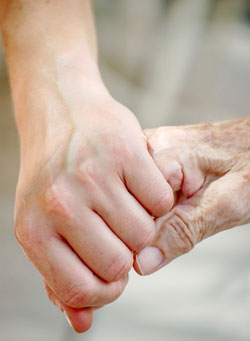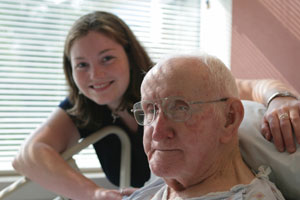Whatever you feel, want, and need, honor this process.
People experience so many emotions when they find out that their cancer has come back. Starting cancer treatment again can place even more demands on your mind and spirit. You'll have good days and bad days. So just remember that it's okay to feel a lot of different emotions.
Some of these emotions may be ones you have had at other times in your life. But you may be feeling them more intensely.
If you have dealt with them in the past, you may be able to cope with them now, too. If some of the feelings are new, or are so strong that it is hard to get through everyday activities, you may want to ask for help.
Possible New Treatment Options
Cancer survivors confronting a recurrence are more experienced the second time around. Use this knowledge to your advantage.
Try to remember what you did before to cope. Reflect on what you might have done differently. By looking back in this way, the hope is that you may find new strength, and this strength can help carry you through each day, and through the coming weeks and months.









